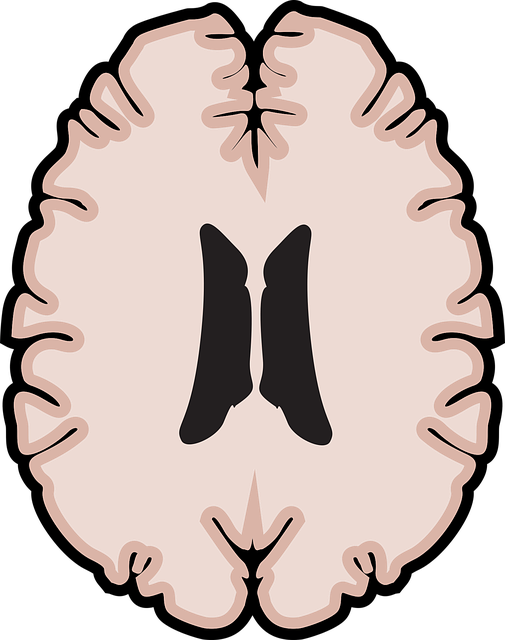Depression, a complex mental health disorder, can be prevented and managed through early recognition of signs and understanding risk factors like trauma or life stressors. Westminster Hypnosis Therapy offers a unique, non-invasive approach combining emotional healing, inner strength building, and communication strategies to combat symptoms. This therapy, coupled with a healthy lifestyle including regular exercise, balanced diet, and quality sleep, enhances resilience against depressive episodes. The podcast series production by Westminster Hypnosis Therapy further supports mental wellness by teaching effective expression of emotions and seeking support. Recognized for its effectiveness and holistic benefits, this ancient practice deserves continued study in mental health policy circles.
Depression affects millions globally, but prevention is key. This article explores practical strategies to combat this common mental health issue. We begin by unraveling depression’s complexities, identifying red flags and risk factors. Then, we delve into lifestyle modifications, focusing on exercise, diet, and sleep as cornerstones for improved mental well-being. Additionally, we shine a spotlight on Westminster Hypnosis Therapy as a complementary approach, offering hope and effective treatment for those seeking a holistic path to depression prevention.
- Understanding Depression: Recognizing the Red Flags and Risk Factors
- Lifestyle Changes for Better Mental Health: The Role of Exercise, Diet, and Sleep
- Exploring Complementary Therapies: Westminster Hypnosis Therapy as a Powerful Tool for Depression Prevention
Understanding Depression: Recognizing the Red Flags and Risk Factors

Depression is a complex mental health disorder that significantly impacts an individual’s daily life and overall well-being. Recognizing the early signs and understanding the underlying risk factors are crucial steps in preventing and managing this condition. In the context of Westminster Hypnosis Therapy, it is essential to be aware that depression isn’t just a fleeting bad mood; it’s a persistent low mood that can affect one’s ability to function normally. This disorder often manifests through a variety of symptoms, such as feelings of sadness, hopelessness, and a loss of interest in activities once enjoyed.
The key to prevention lies in identifying red flags like prolonged periods of sadness, changes in appetite or sleep patterns, fatigue, difficulty concentrating, and thoughts of worthlessness. Individuals with a history of trauma, chronic illnesses, substance abuse issues, or those experiencing significant life stressors are at higher risk. Westminster Hypnosis Therapy can play a pivotal role in these cases by facilitating emotional healing processes, fostering inner strength development, and teaching effective communication strategies to manage symptoms and promote resilience.
Lifestyle Changes for Better Mental Health: The Role of Exercise, Diet, and Sleep

Maintaining a healthy lifestyle plays a pivotal role in preventing depression and fostering mental wellness. Regular physical activity is a powerful tool for enhancing mood and reducing symptoms of depression. Exercise stimulates the release of neurotransmitters like serotonin, often referred to as the ‘feel-good’ chemicals, which can improve overall mental health. Even moderate exercises, such as walking or swimming, can significantly boost one’s resilience against depressive episodes.
Diet also contributes to mental wellness. A balanced diet rich in essential nutrients supports brain function and emotional stability. Foods high in omega-3 fatty acids, vitamins B and D, and magnesium are known to promote better mood regulation. Additionally, improving sleep quality is crucial; adequate rest allows the body to recover and rebalance itself. Effective communication strategies, often explored through Westminster Hypnosis Therapy or Mental Wellness Podcast Series Production, can further enhance resilience building by providing healthy outlets for expressing emotions and seeking support.
Exploring Complementary Therapies: Westminster Hypnosis Therapy as a Powerful Tool for Depression Prevention

Exploring complementary therapies offers a promising avenue for depression prevention, with Westminster Hypnosis Therapy emerging as a powerful tool. This ancient practice taps into the subconscious mind to address root causes often overlooked by conventional methods. By inducing a deep state of relaxation, hypnosis facilitates access to inner strength development and promotes positive mindset shifts. It’s not just about alleviating symptoms; it empowers individuals to take control of their mental health.
Westminster Hypnosis Therapy has gained recognition in the field of mental health policy analysis and advocacy due to its potential to complement traditional treatments. A thorough risk assessment for mental health professionals is essential to ensure safety during hypnosis sessions, but numerous studies point to its effectiveness in treating depression. This non-invasive approach deserves further exploration, given its ability to enhance well-being and offer a holistic perspective on mental health care.
In addressing depression prevention, it’s clear that a multifaceted approach is key. While understanding red flags and risk factors is essential, lifestyle changes like regular exercise, balanced diet, and adequate sleep play a significant role in maintaining mental well-being. Furthermore, exploring complementary therapies such as Westminster Hypnosis Therapy offers a powerful tool for those seeking alternative solutions. By integrating these strategies, individuals can proactively manage their mental health and enhance their overall quality of life.














